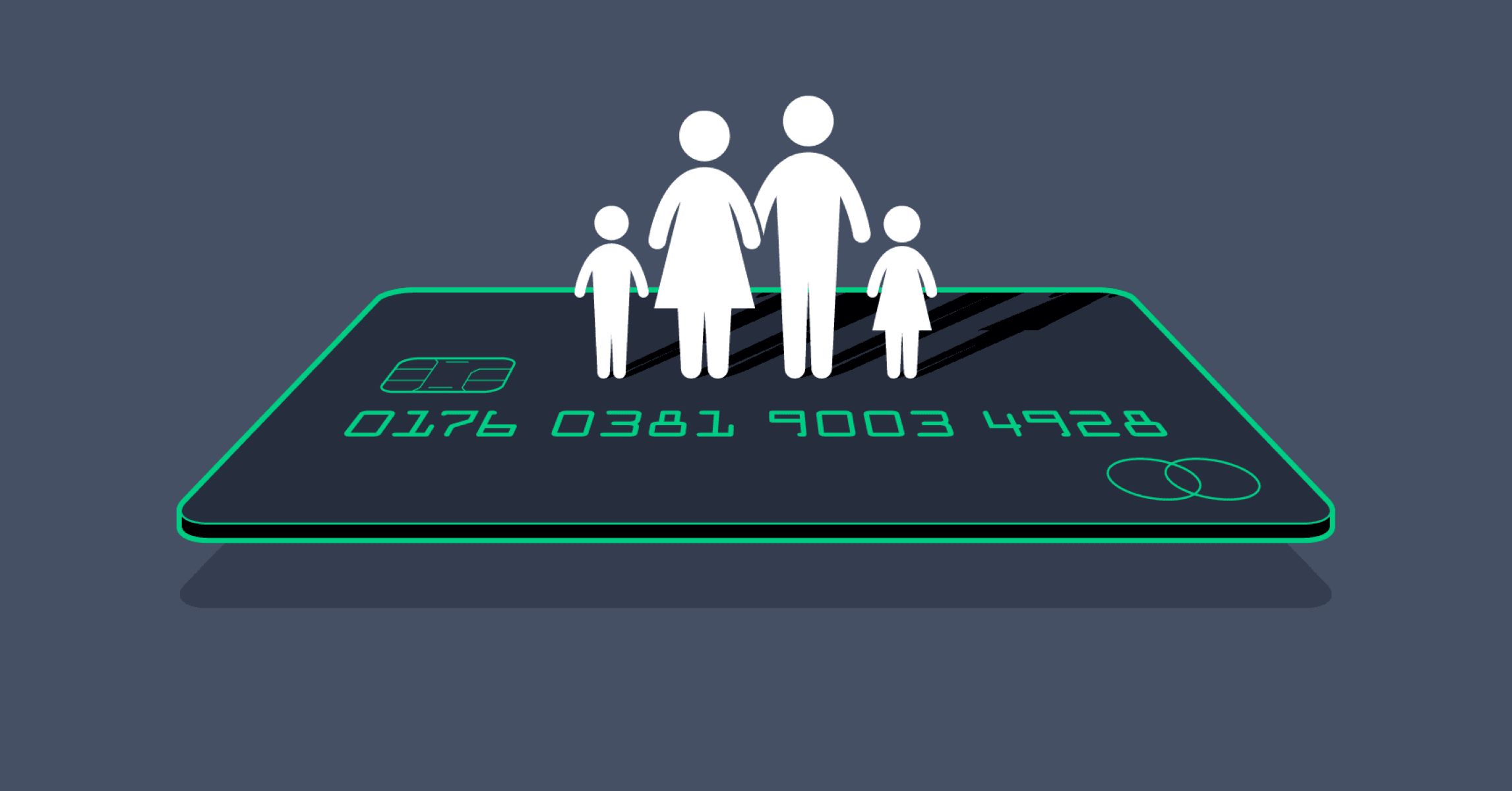Home>Finance>Structured Investment Products (SIPs): Definition And Examples


Finance
Structured Investment Products (SIPs): Definition And Examples
Published: February 3, 2024
Learn about structured investment products (SIPs) in the world of finance. Discover the definition and explore examples of these unique investment vehicles.
(Many of the links in this article redirect to a specific reviewed product. Your purchase of these products through affiliate links helps to generate commission for LiveWell, at no extra cost. Learn more)
Structured Investment Products (SIPs): Definition and Examples
Are you looking to diversify your investment portfolio? Do you want to take advantage of market opportunities without taking on excessive risk? If so, then structured investment products (SIPs) may be the solution you are looking for. In this blog post, we will dive into the world of SIPs, explaining what they are, their benefits and risks, and provide some examples to help you understand how they work.
Key Takeaways:
- Structured investment products (SIPs) offer investors a way to access and potentially profit from specific market conditions and strategies.
- SIPs are a form of derivative investment that combines multiple financial instruments to create a tailored risk-return profile.
What are Structured Investment Products (SIPs)?
Structured investment products (SIPs) are a type of financial derivative that combines various investment instruments into a single product. SIPs are designed to provide investors with exposure to specific market conditions or investment strategies, while often offering some level of capital protection. These products can be customized to suit an individual investor’s risk appetite and investment goals.
A SIP typically consists of a combination of two main elements: a bond and a derivative instrument, such as an option or a swap. By linking the performance of these two components, SIPs can generate returns based on the performance of underlying assets, such as stocks, commodities, or indices.
Benefits and Risks of Structured Investment Products
Structured investment products offer several benefits to investors:
- Diversification: SIPs allow investors to gain exposure to different asset classes and strategies, reducing the risk associated with a single investment.
- Customization: SIPs can be tailored to meet individual investors’ specific risk-return preferences and investment objectives.
- Potential for Enhanced Returns: Through the combination of different investment instruments, SIPs can provide the opportunity for higher returns than traditional investments.
- Capital Protection: Some SIPs may offer a certain level of downside protection, limiting potential losses.
However, like any investment, SIPs also come with risks that investors should be aware of:
- Complexity: SIPs can be complex financial instruments, requiring a thorough understanding of the underlying components and their associated risks.
- Liquidity: Some SIPs may have limited liquidity, meaning it could be challenging to sell them before maturity.
- Counterparty Risk: Investors are exposed to the credit risk of the issuer or counterparty involved in the SIP. If the issuer defaults, there is a risk of losing part or all of the investment.
- Market Risk: SIPs are subject to market fluctuations, and the performance may be influenced by factors beyond the investor’s control.
Examples of Structured Investment Products
To better understand how SIPs work, let’s take a look at a few examples:
- Autocallable Notes: Autocallable notes are SIPs that provide investors with the opportunity to earn fixed coupon payments and potentially get their initial investment back before maturity. If the underlying asset reaches a pre-determined level at specific observation dates, the note is automatically called, and the investor receives the final coupon payment and the principal.
- Reverse Convertibles: Reverse convertibles are SIPs that combine a bond with a short option position. They offer investors high coupon payments upfront, but there is a risk that the investor may be forced to take ownership of the underlying asset if its price falls below a predetermined level.
- Market-Linked Certificates of Deposit (CDs): Market-linked CDs offer investors the potential to earn a return linked to the performance of an underlying market index, such as the S&P 500. If the index performs well, the investor receives a portion of the gains. However, if the index performs poorly, the investor may receive no returns or even lose a portion of the principal.
In Conclusion
Structured investment products (SIPs) can be a valuable addition to your investment portfolio, providing exposure to specific market conditions and strategies while offering customization and potential returns. However, it’s essential to understand the complexity and risks associated with these products before investing. Consult with a financial advisor or expert to determine if SIPs align with your investment goals and risk tolerance.














